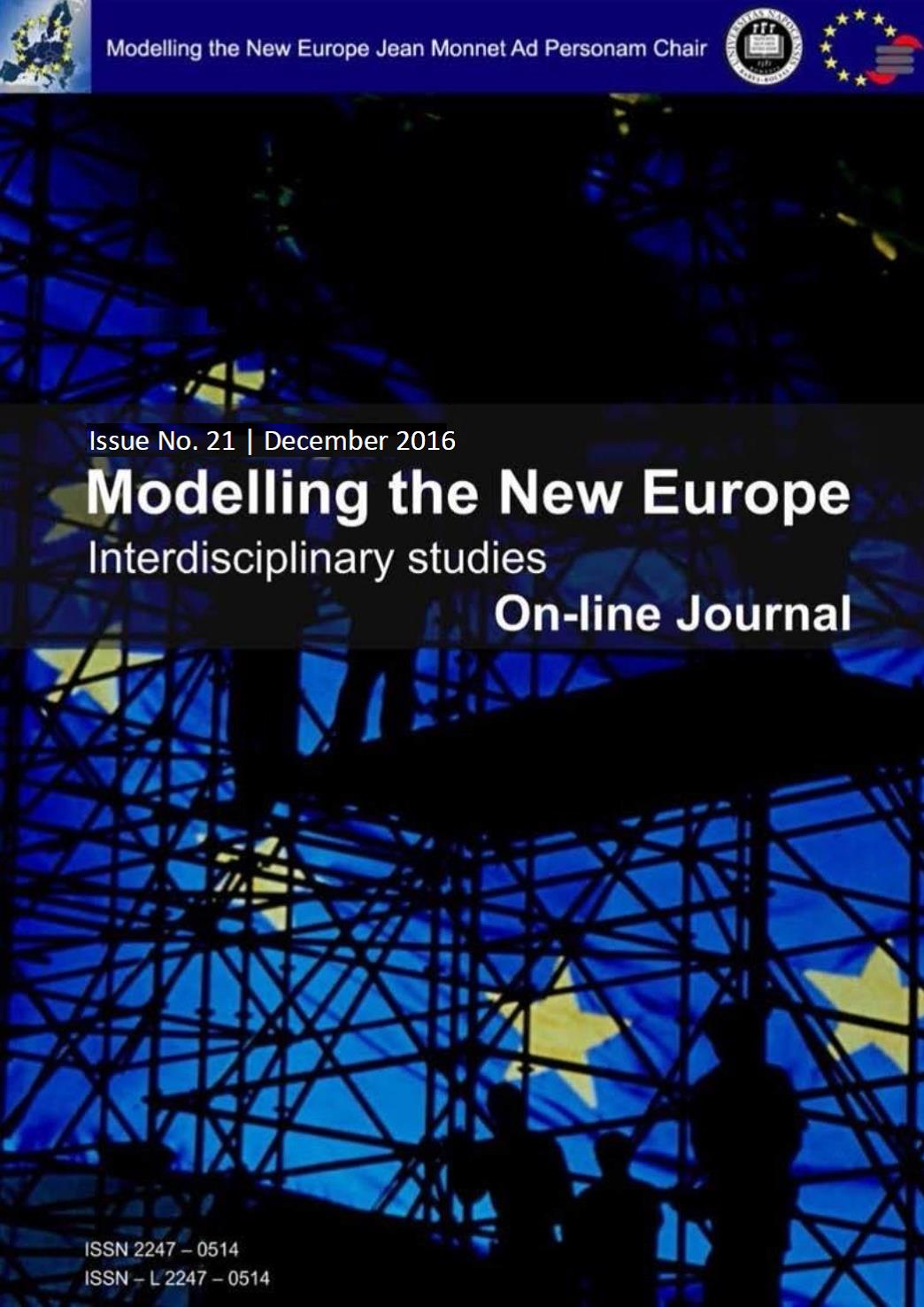HYBRID WARFARE: FROM “WAR DURING PEACE”
TO “NEO-IMPERIALIST AMBITIONS”.
THE CASE OF RUSSIA
HYBRID WARFARE: FROM “WAR DURING PEACE”
TO “NEO-IMPERIALIST AMBITIONS”.
THE CASE OF RUSSIA
Author(s): C. Alexandru ApetroeSubject(s): Politics / Political Sciences
Published by: Facultatea de Studii Europene -Universitatea Babeş-Bolyai
Keywords: Russia; Hybrid warfare; Crimea; NATO; Neo-imperialism
Summary/Abstract: The term “hybrid warfare” has been used to refer to the combined usage of unconventional military tactics such as conventional warfare with irregular warfare and cyberwarfare, as well as the employment of other instruments and tactics (subversive elements), to achieve a double goal: first to avoid responsibility and retribution, and second to weaken and destabilize the enemy without direct involvement. The rigidity of the current international system pertaining to the usage of non-peaceful methods of solving an international dispute and/or furthering state interests, have made it increasing difficulty, without the support of the international community (humanitarian interventions and UN-sanctioned interventions) to employ the ‘classical methods’ which pre-date the provisions of the UN Charter, relevant to what we now consider as “acts of aggression”. Discussing the resurgence of the Russian Federation as a great power, we argue that because of the innate historical and traditional factors of Russian geopolitics, it was only a matter of time until the Kremlin’s military doctrine pivoted from the defensive phase it entered after the fall of the Soviet Union, to the pro-active involvement at the limit of international law: Georgia in 2008, East Ukraine in 2013, Crimea in 2014, and Syria in 2015. Therefore, in this article we will contend, firstly, by discussing the example of the perception of the so-called Russian “Gerasimov doctrine”, that hybrid war can have two different connotations: “war during peace” and “neo-imperial ambitions”. Secondly, we will try to argue that the NATO military doctrine of deterrence has become obsolete, still envisaging the possible threats posed by a future Russian involvement in the Baltic and Eastern Europe in cold-war terms and not in terms relevant to the shifting international security environment.
Journal: Online Journal Modelling the New Europe
- Issue Year: 2016
- Issue No: 21
- Page Range: 97-128
- Page Count: 31
- Language: English

